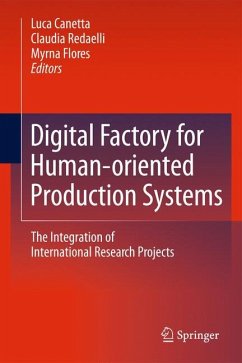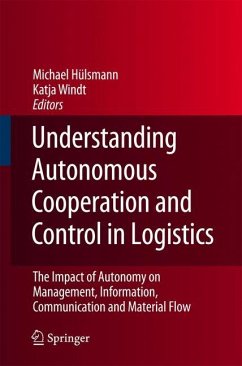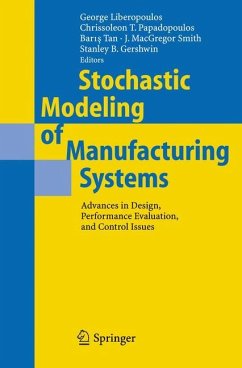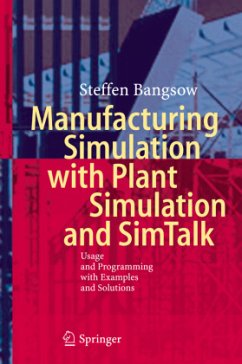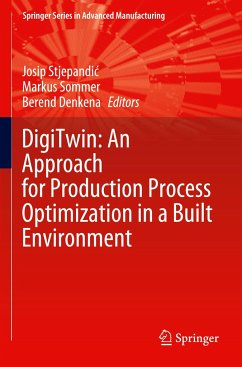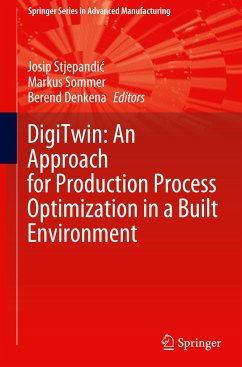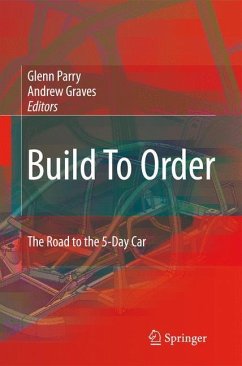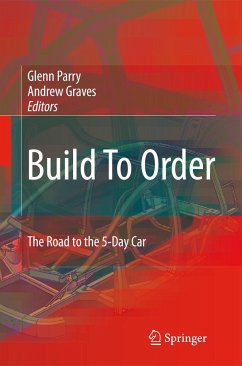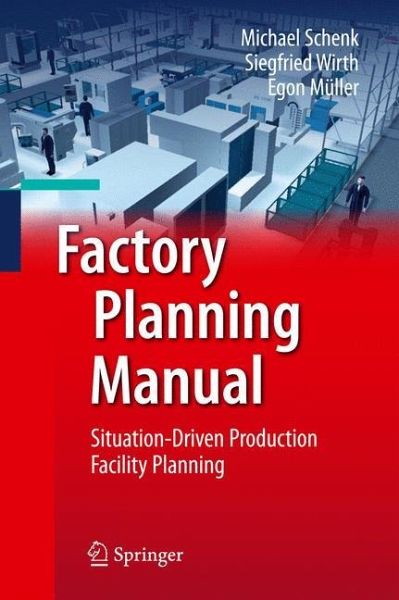
Factory Planning Manual
Situation-Driven Production Facility Planning
Versandkostenfrei!
Versandfertig in 6-10 Tagen
76,99 €
inkl. MwSt.
Weitere Ausgaben:

PAYBACK Punkte
38 °P sammeln!
The central purpose of this book is to impart knowledge, skills and practical - plementation methods for the planning and operation of adaptable production - cilities and factories. It addresses planning methods and procedures for various types of production facility up to and including entire factories, and is aimed at practicing factory planners and students alike. The book provides facts and demonstrates practical processes using case studies for the purposes of illustration, so that ultimately skills can be acquired that make independent practical implementation and app- cation possible. I...
The central purpose of this book is to impart knowledge, skills and practical - plementation methods for the planning and operation of adaptable production - cilities and factories. It addresses planning methods and procedures for various types of production facility up to and including entire factories, and is aimed at practicing factory planners and students alike. The book provides facts and demonstrates practical processes using case studies for the purposes of illustration, so that ultimately skills can be acquired that make independent practical implementation and app- cation possible. It is based on up-to-the-minute practical experience and univ- sally applicable knowledge of the planning and technological design of adaptable production facilities (manufacturing and assembly) and factories. In comparison to existing, thematically-similar reference books, what is in- vative about this manual is that it provides the impulse for a more flexible pl- ning approach for the efficient design of adaptable production facilities using - sponsive, unconventional planning and organizational solutions. The book aims to provide a way of integrating systematic and situation-driven planning methods in a meaningful way. Situation-driven planning is becoming increasingly important to production facilities in these fast-moving times of change, in particular in terms of resource and energy efficiency. Existing technical and organizational course of action in terms of resources (both human and technical) need to be selected for the specific case at hand, and changes (to workshops, products, processes and equ- ment) need to be managed.





